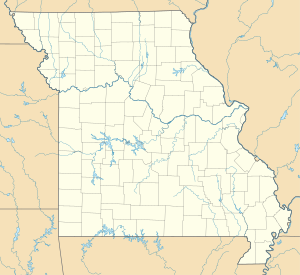| Host city | Chicago, Illinois, USA |
|---|---|
| Distance | 2,203 miles (3,545 km) [1] |
| Start date | July 25, 1959 |
| End date | August 27, 1959 |
 |
| Part of a series on the |
| 1959 Pan American Games |
|---|
The torch relay of the 1959 Pan American Games was held between July 25 to August 27, 1959, culminating in the Games' opening ceremony at Soldier Field in Chicago, Illinois, USA.
The torch was lit on July 25 at Cerro de la Estrella in Mexico City. It was carried 743 miles (1,196 km) across Mexico by members of the Asociación de Scouts de México, reaching the U.S.–Mexican border at Nuevo Laredo and Laredo, Texas on August 4. [1] From there, the torch was carried across the United States to Chicago by members of the Boy Scouts of America. An estimated 3,000 Boy Scouts took part in the relay, each carrying the torch for one "Scout's Pace": 50 paces running followed by 50 steps walking. The torch run was conducted during daylight hours, and each night the torch was put on display. [2] [3]
In McAlester, Oklahoma, a local youth stole the torch and threw it in a ditch. The torch itself was damaged, but the relay continued as scheduled the next day. [4] In Alton, Illinois, a support car slipped off an embankment into the Mississippi River. The car was carrying the base on which the torch was to sit overnight, as well as letters of congratulation from city officials along the relay route, which were lost in the incident. [5] [6]
The torch itself was symbolic: instead of a burning flame, the "Atomic Torch" consisted of a blue lightbulb surrounded by a chromium-plated model of an atom. The torch was designed by staff at Argonne National Laboratory near Chicago. Upon arrival at Soldier Field, the torch was connected to a string of cesium-137 pellets, which gave off radioactive impulses that were converted into an electrical signal, triggering the lighting of the Friendship Flame cauldron. [2] [7] [8]



